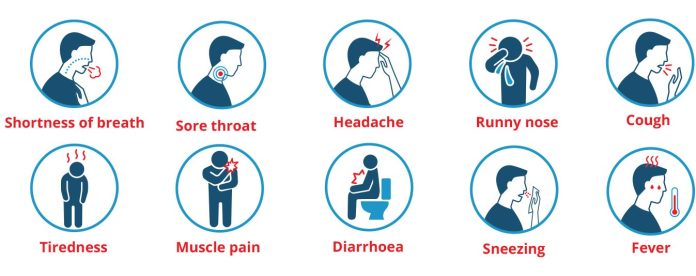More than three years after the onset of the COVID-19 pandemic, a large study shows that the risk of a new disease, disability, and death remains elevated in some patients as long as two years after catching the disease.
The study shows that people who were never sick enough to be hospitalised for acute COVID-19 still had a higher risk than uninfected people of developing long Covid-related disorders such as dangerous blood clots, diabetes, and lung, gastrointestinal, and musculoskeletal disease two years later.
The study titled ‘Post-acute sequel of COVID-19 at two years‘ was published in the journal Nature Medicine in August.
The study from the Clinical Epidemiology Centre of the Veterans Affairs, St Louis Health Care System in the United States of America, shows how long-term ailments that afflict COVID-19 survivors add to the disease burden of the pandemic.
people who were never sick enough to be hospitalised for acute COVID-19 still had a higher risk than uninfected people of developing long Covid-related disorders
The study led by a Clinical Epidemiologist at the centre, Ziyad Al-Aly used the VA’s national databases to compare the incidence of 80 post-acute health problems among 138,818 veterans who survived the first month of the infection during the first year of the pandemic with almost six million who were not infected during the same period.
Those who were not hospitalised for COVID-19 had an increased risk of developing 31 per cent of the 80 ailments after two years of follow-up, compared with non-infected controls, while hospitalised COVID-19 patients had a higher chance of developing 65 per cent of them.
The study measured the burden of disease from long COVID in disability-adjusted life years, or years lost due to disability.
Cumulatively at two years, long COVID contributed a burden of 80.4 disability-adjusted life years for every 1,000 people who caught COVID-19 but weren’t sick enough to be hospitalised, and 642.8 disability-adjusted life years for every 1,000 patients who were hospitalised for acute illness.
Commenting on the study, a virologist at the Department of Virology, College of Medicine, University College Hospital, Ibadan, Dr Moses Adewumi said the findings are not unusual in some viral infections.
“I have not checked out the study to know what exactly they are driving at. Though it is not unusual in some viral infections. It is not a new phenomenon. For instance in measles, we have some people who develop the sequelae effect after some years. However, one needs to study this new research on COVID-19 to understand what they are driving at.”
Also, the Ondo State Epidemiologist, Dr Stephen Fagbemi said COVID-19 is a novel infection and nobody knows what will happen in years to come.
“There are a few viruses like hepatitis B that may have an aftermath effect after years, but most viruses do not do that. In fact, when you survive most viruses, you do not get another infection again.
“COVID-19 is new, but we have not noticed anything that suggests that in other viruses in the family of COVID-19. If there is anything like that, we did not record many cases in Nigeria compared to other countries, and they are doing a lot of research more than we are doing.”


